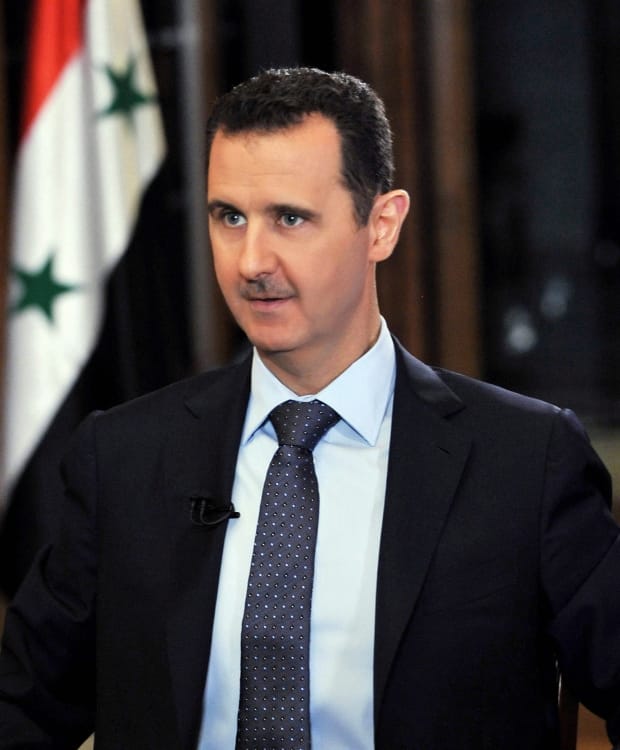In a significant diplomatic engagement, Israeli Prime Minister Benjamin Netanyahu and U.S. President Joe Biden convened to discuss the evolving situation in Gaza, with a particular emphasis on the urgent need for a ceasefire and the negotiations surrounding the release of hostages. This meeting underscores the critical role that both leaders play in addressing the humanitarian crisis and the broader implications of the conflict in the region.
The discussions took place against a backdrop of escalating tensions and violence in Gaza, which has resulted in substantial loss of life and widespread destruction. The humanitarian situation has reached alarming levels, prompting calls from various international organizations and governments for immediate action to alleviate the suffering of civilians caught in the crossfire. Both Netanyahu and Biden acknowledged the gravity of the situation and expressed their commitment to finding a resolution that prioritizes the safety and well-being of innocent lives.
During the talks, the leaders reviewed the progress made in negotiations aimed at securing a ceasefire. They recognized the challenges posed by the ongoing hostilities and the need for a coordinated approach to facilitate a lasting peace. The discussions also touched upon the complexities of the hostage situation, with both leaders emphasizing the importance of ensuring the safe return of individuals held captive. The plight of hostages has become a focal point in the negotiations, as families and communities anxiously await news of their loved ones.
Biden reiterated the United States’ unwavering support for Israel’s right to defend itself while also stressing the necessity of protecting civilian lives. He underscored the importance of de-escalation and urged all parties involved to exercise restraint. The U.S. administration has been actively engaged in diplomatic efforts to mediate the conflict, working closely with regional partners and international allies to foster dialogue and promote stability.
Netanyahu, for his part, expressed gratitude for the U.S. support and highlighted the strategic partnership between the two nations. He acknowledged the complexities of the situation in Gaza and the need for a comprehensive approach that addresses both security concerns and humanitarian needs. The Israeli Prime Minister emphasized that any ceasefire must be contingent upon the release of hostages and the dismantling of militant capabilities that threaten Israel’s security.
The discussions also included a review of the broader geopolitical landscape in the Middle East. Both leaders recognized the interconnectedness of regional issues and the potential for collaboration to address shared challenges. The ongoing conflict in Gaza has implications that extend beyond its borders, affecting neighboring countries and the stability of the region as a whole. As such, the need for a multilateral approach to peace and security was a key theme in their conversations.
In addition to the immediate concerns surrounding the ceasefire and hostages, the leaders also discussed long-term strategies for achieving a sustainable peace in the region. They acknowledged that a lasting resolution would require addressing the underlying issues that have fueled the conflict for decades. This includes efforts to promote economic development, enhance governance, and foster dialogue between communities.
As the talks concluded, both Netanyahu and Biden expressed cautious optimism about the potential for progress. They recognized that while the path to peace is fraught with challenges, continued dialogue and cooperation are essential. The international community is closely monitoring the situation, and there is a collective hope that the discussions will yield tangible results in the coming days.
In summary, the recent discussions between Netanyahu and Biden reflect a concerted effort to address the urgent humanitarian crisis in Gaza while navigating the complexities of the ongoing conflict. The commitment to a ceasefire and the safe return of hostages are critical components of these negotiations, and both leaders are aware of the significant implications for regional stability. As the situation evolves, the world watches closely, hoping for a resolution that prioritizes peace and the protection of innocent lives.


